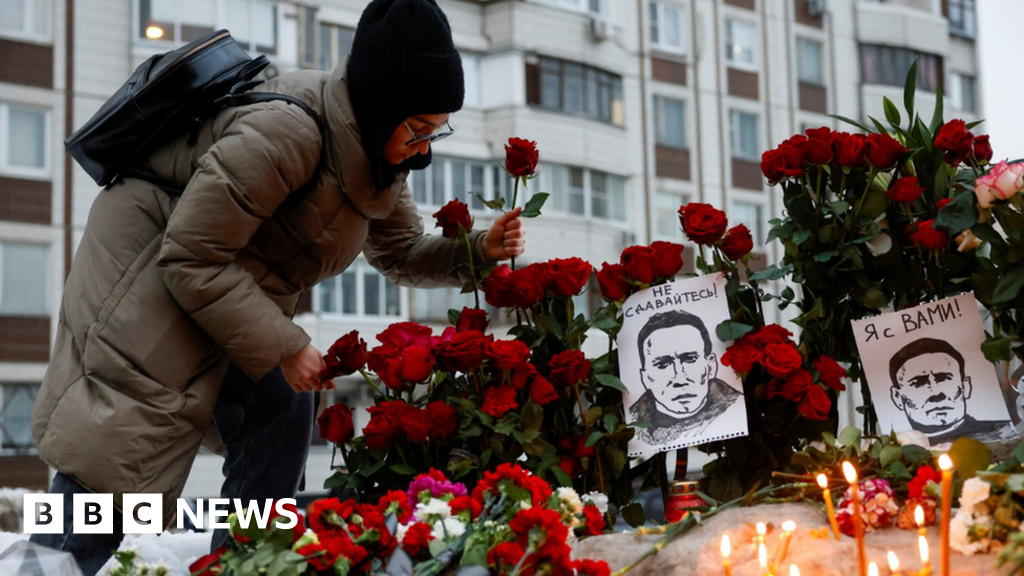
On Friday, March 3rd, 2024, thousands of people gathered in Moscow to pay their final respects to Alexei Navalny, one of Putin's most outspoken critics. The Russian opposition leader died two weeks prior in an Arctic penal colony under still-unexplained circumstances.
The funeral procession was a significant event for Russia, as people spoke of hope for a better future and support for freedom, democracy and peace. Spontaneous memorials to Navalny were held in several cities including St. Petersburg and Voronezh, but police removed the flowers from these sites.
Navalny's mother, Lyudmila Navalnaya, brought flowers to his grave a day after the funeral. His widow, Yulia, did not attend the funeral but has vowed to continue her husband's work and thanked him for 26 years of happiness.
Navalny was buried in a short Russian Orthodox ceremony with vast crowds waiting outside the church and then streaming to the fresh grave with flowers. He had called himself a typical post-Soviet believer of Russian Orthodox faith, but the institution of the church has bound itself closely to President Vladimir Putin.
Russia invaded Ukraine on 24 February 2022, and thousands bid farewell to Navalny during his funeral. At least 106 people were detained at events across Russia in Navalny's memory, most of them stopped while trying to lay flowers at monuments dedicated to victims of Soviet repression.
Navalny was known for crusading against official corruption and organizing massive protests. Many Western leaders blamed his death on the Russian leader, an accusation that the Kremlin angrily rejected.

